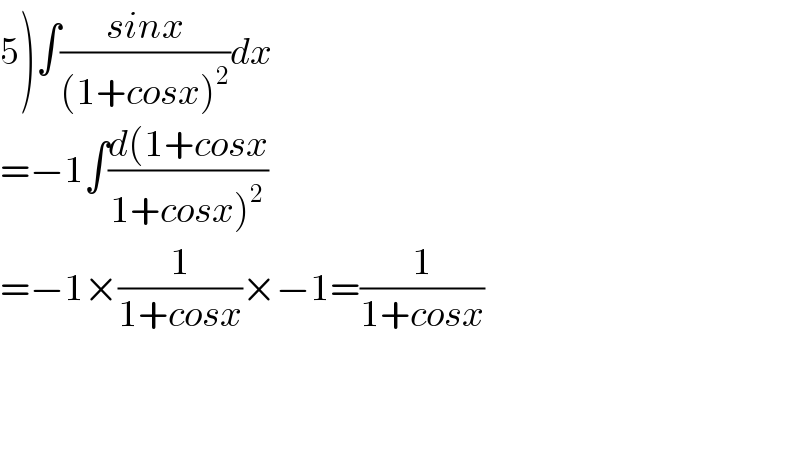
Question and Answers Forum
Question Number 37938 by Fawomath last updated on 19/Jun/18

Commented by abdo.msup.com last updated on 19/Jun/18
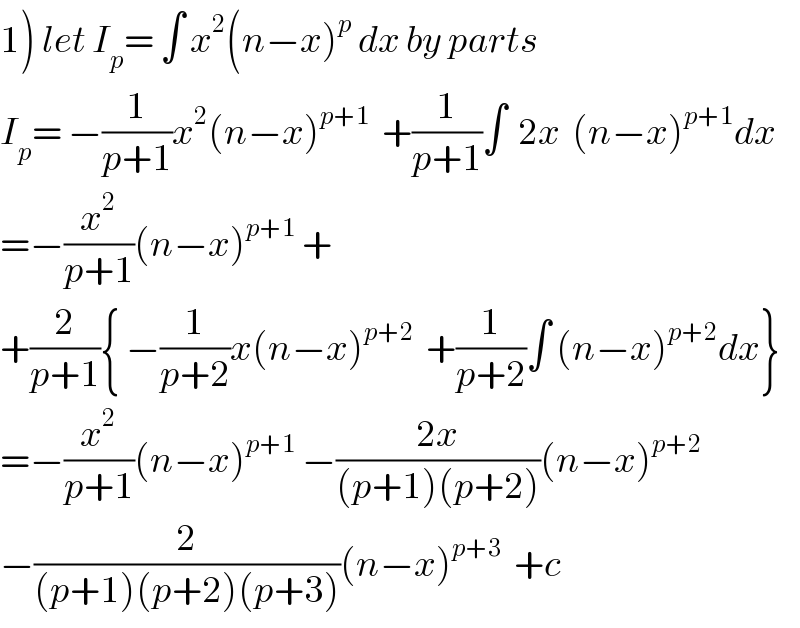
Commented by abdo.msup.com last updated on 19/Jun/18
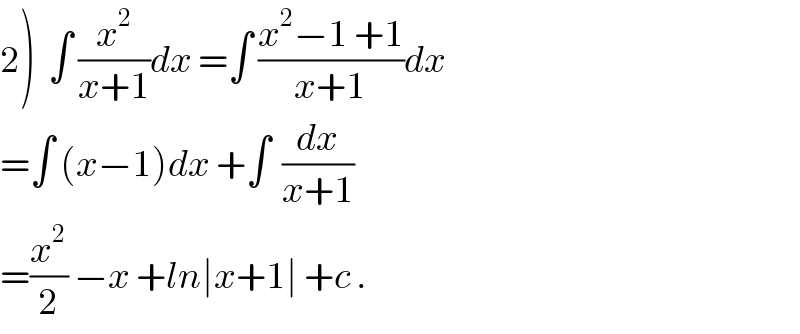
Commented by abdo.msup.com last updated on 19/Jun/18
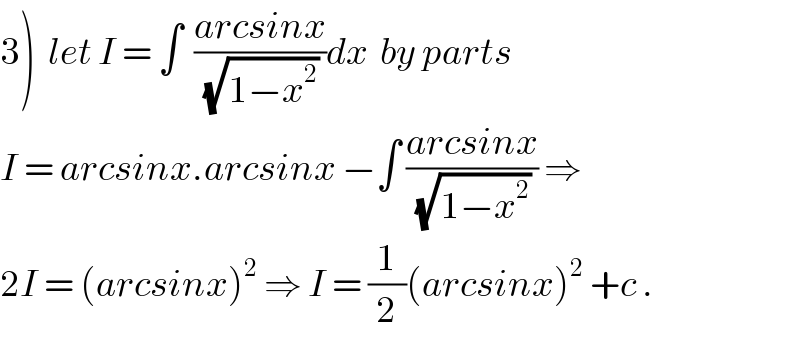
Commented by abdo.msup.com last updated on 19/Jun/18
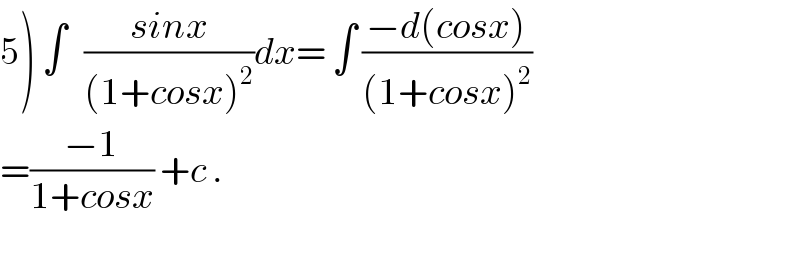
Commented by abdo.msup.com last updated on 19/Jun/18
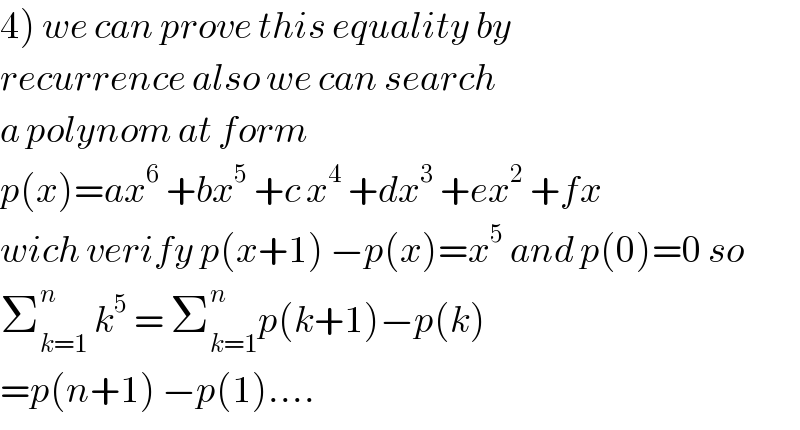
Answered by tanmay.chaudhury50@gmail.com last updated on 19/Jun/18
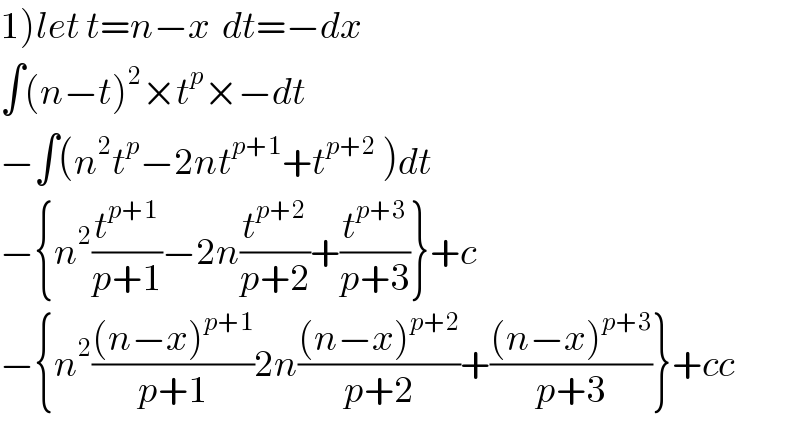
Answered by tanmay.chaudhury50@gmail.com last updated on 19/Jun/18
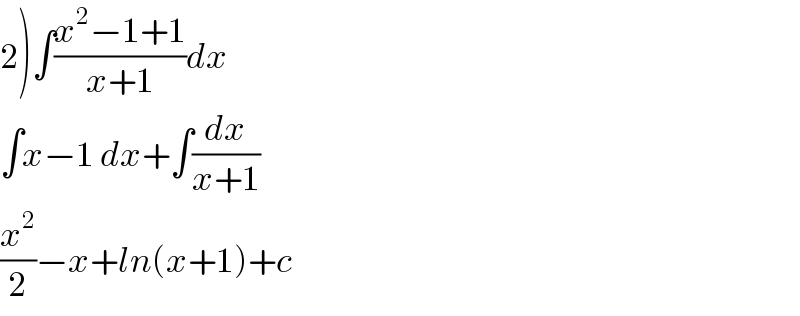
Answered by tanmay.chaudhury50@gmail.com last updated on 19/Jun/18
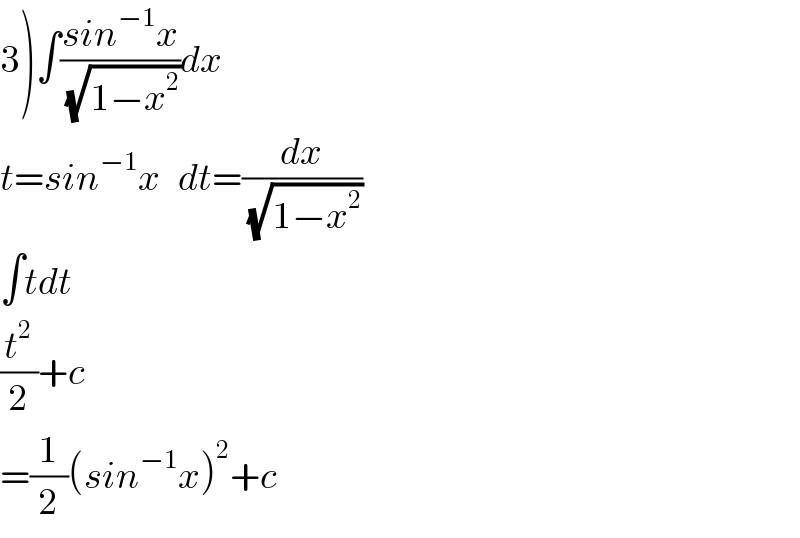
Answered by tanmay.chaudhury50@gmail.com last updated on 19/Jun/18
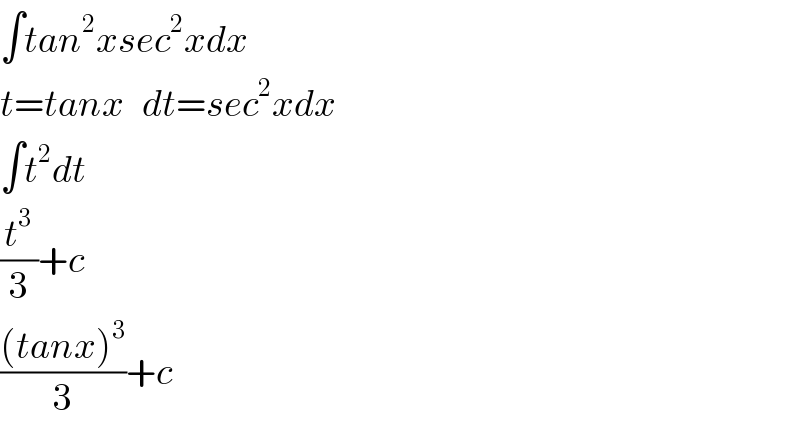
Answered by tanmay.chaudhury50@gmail.com last updated on 19/Jun/18
